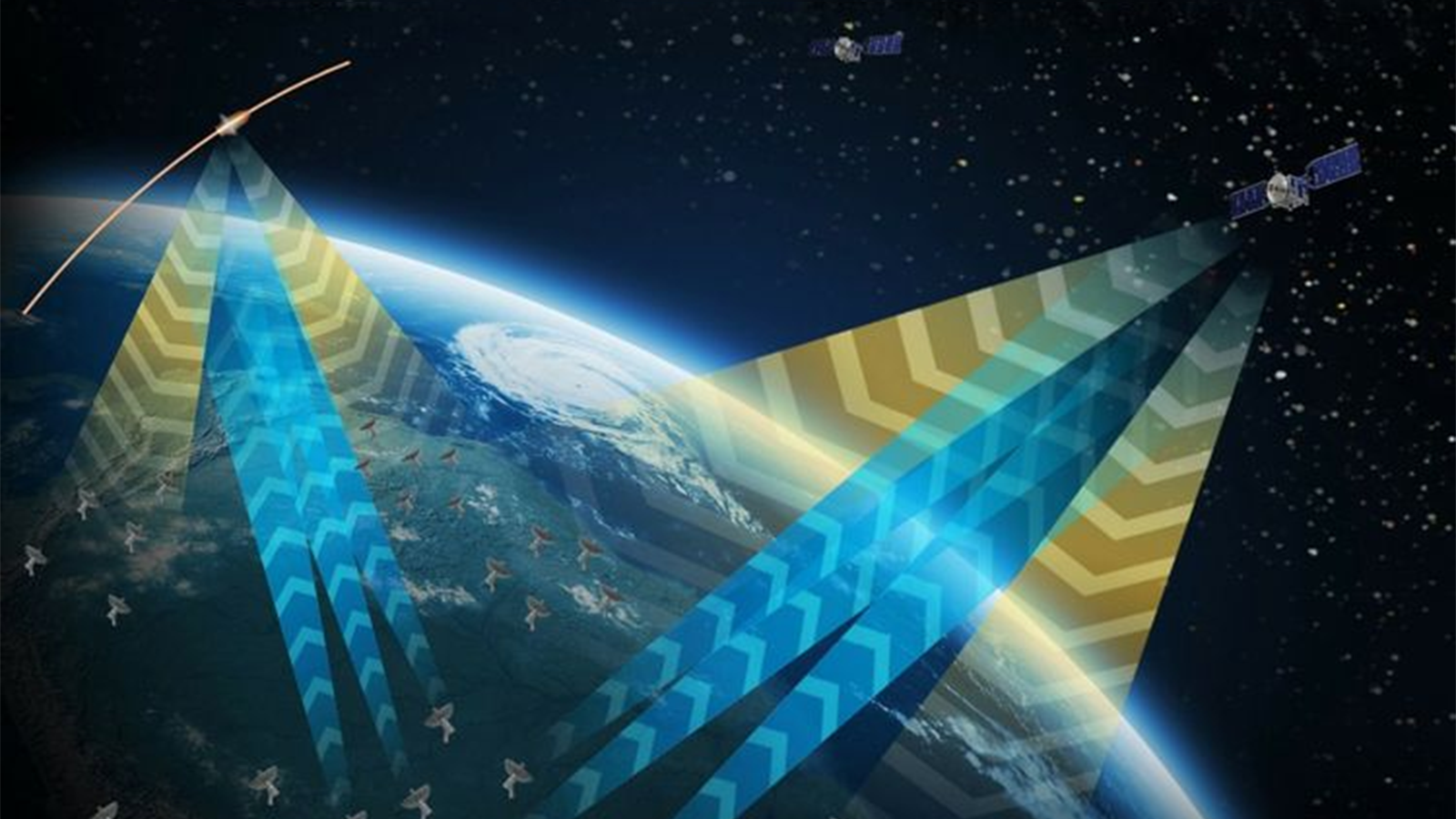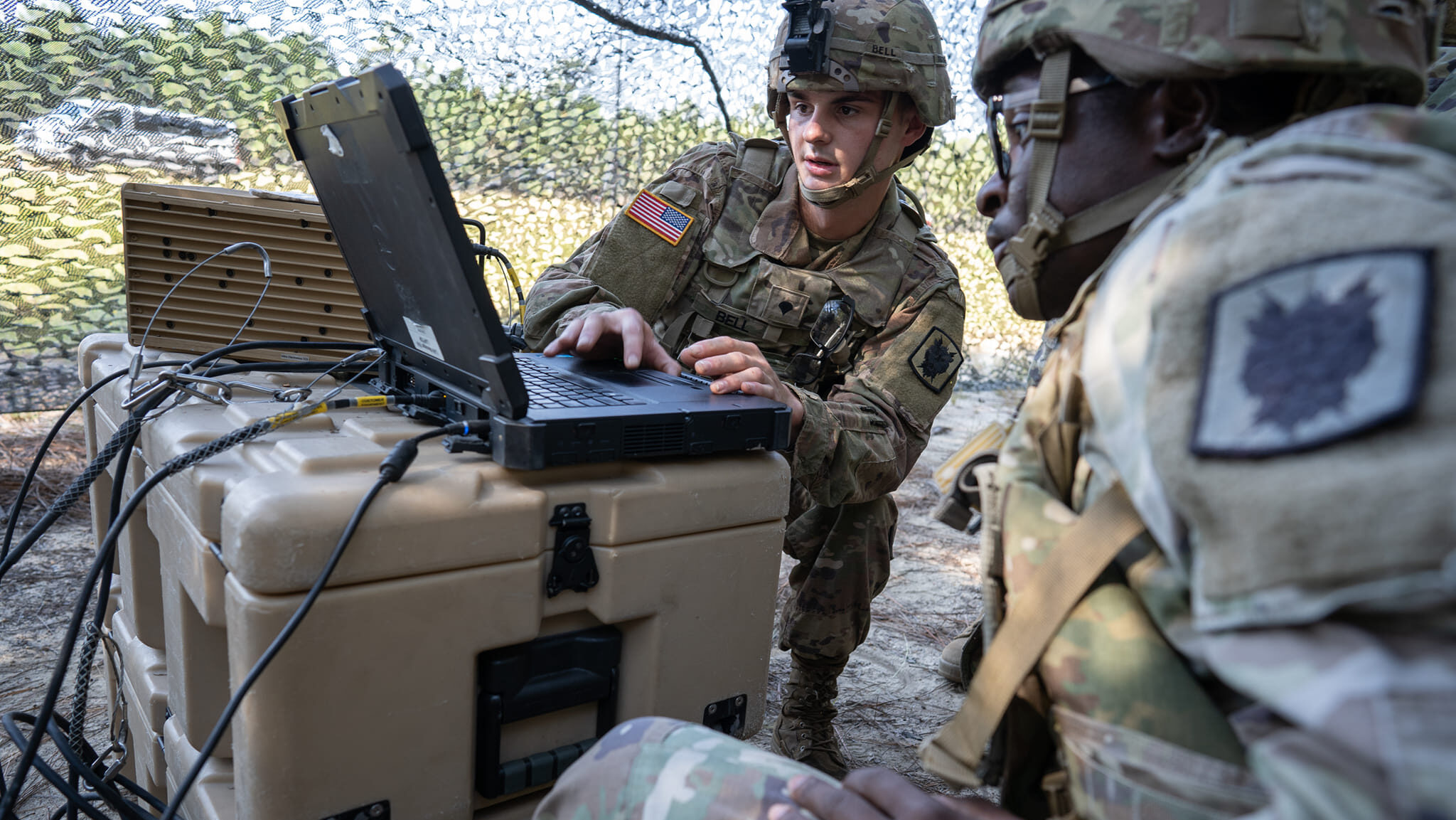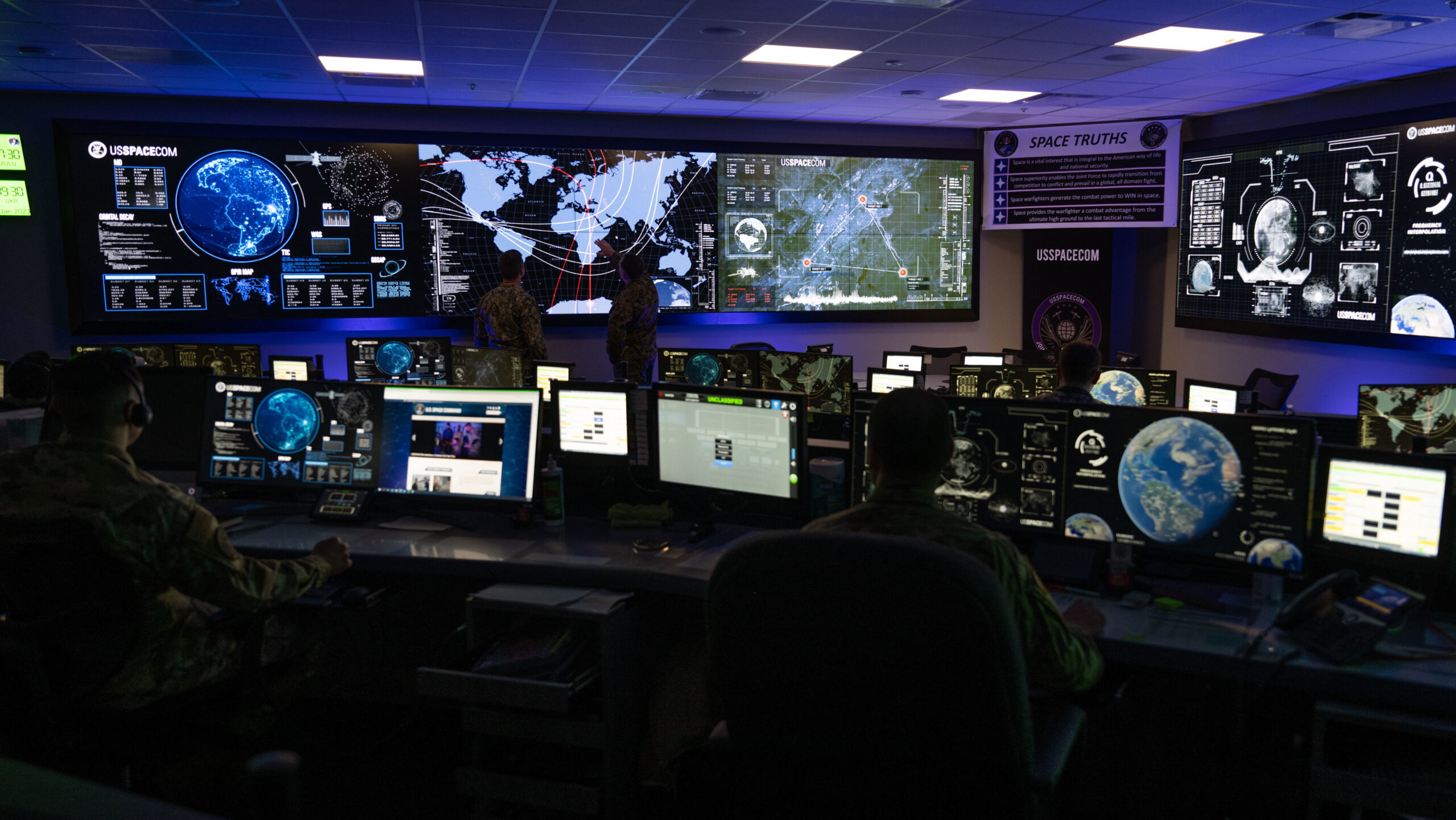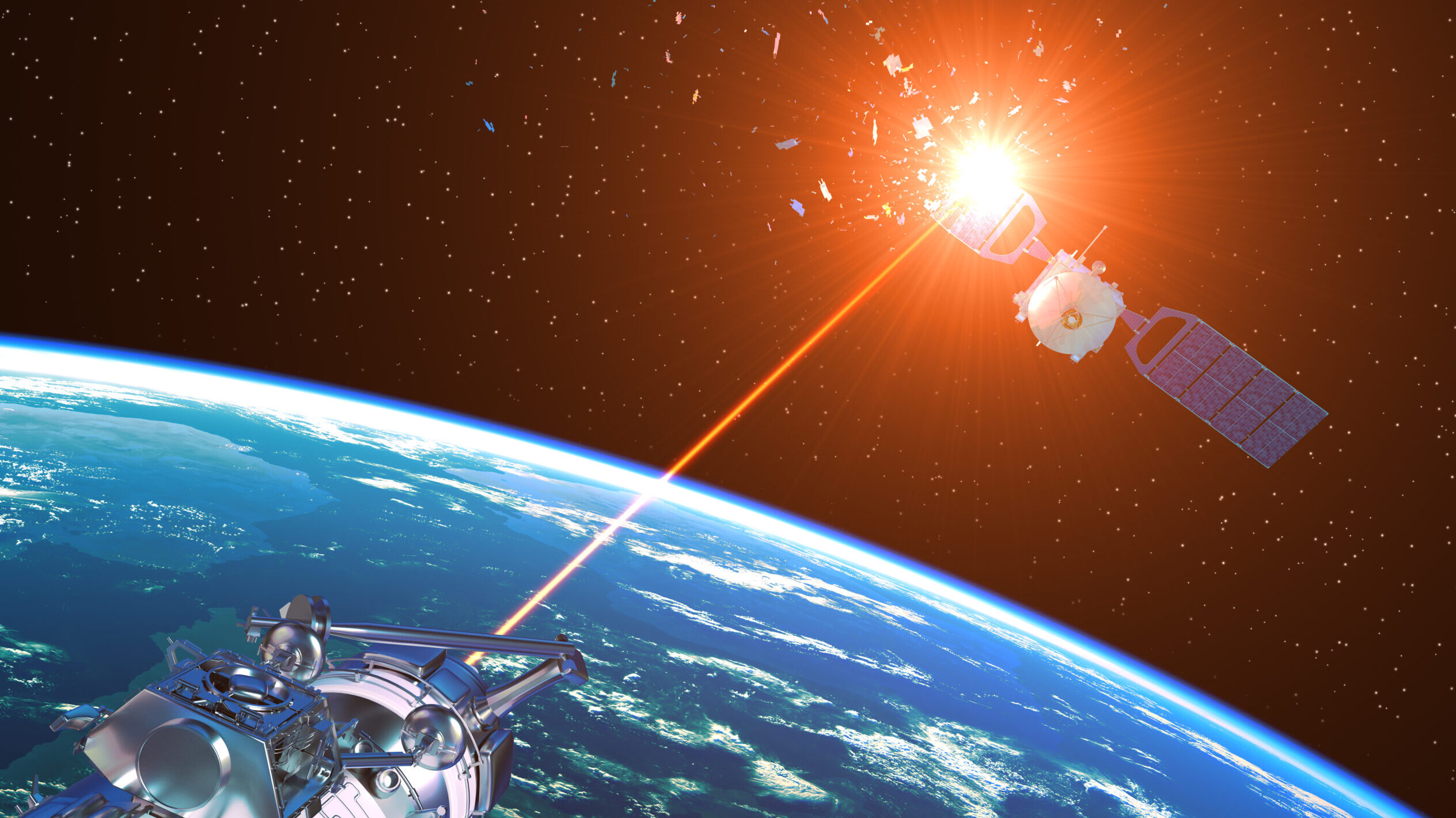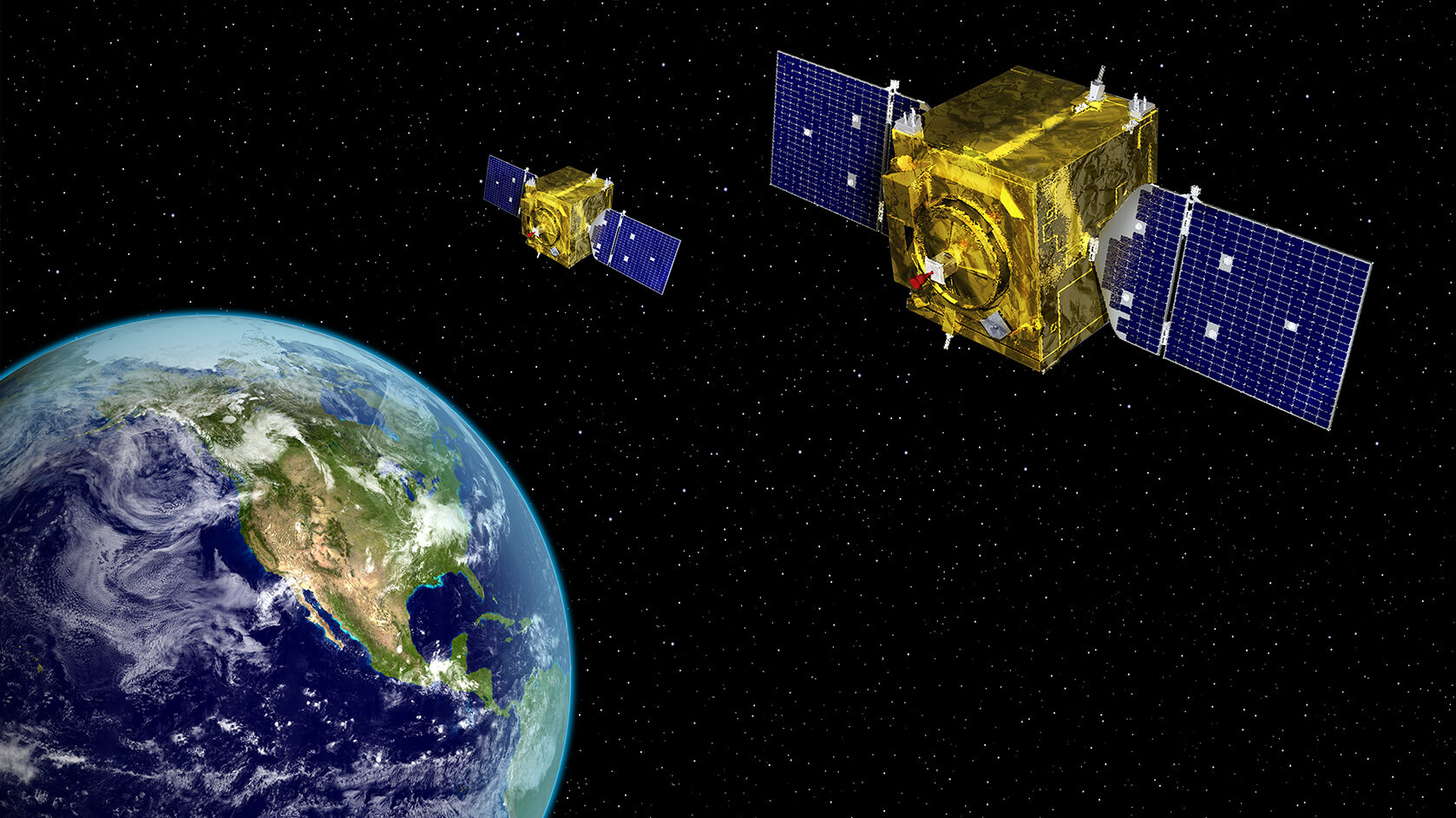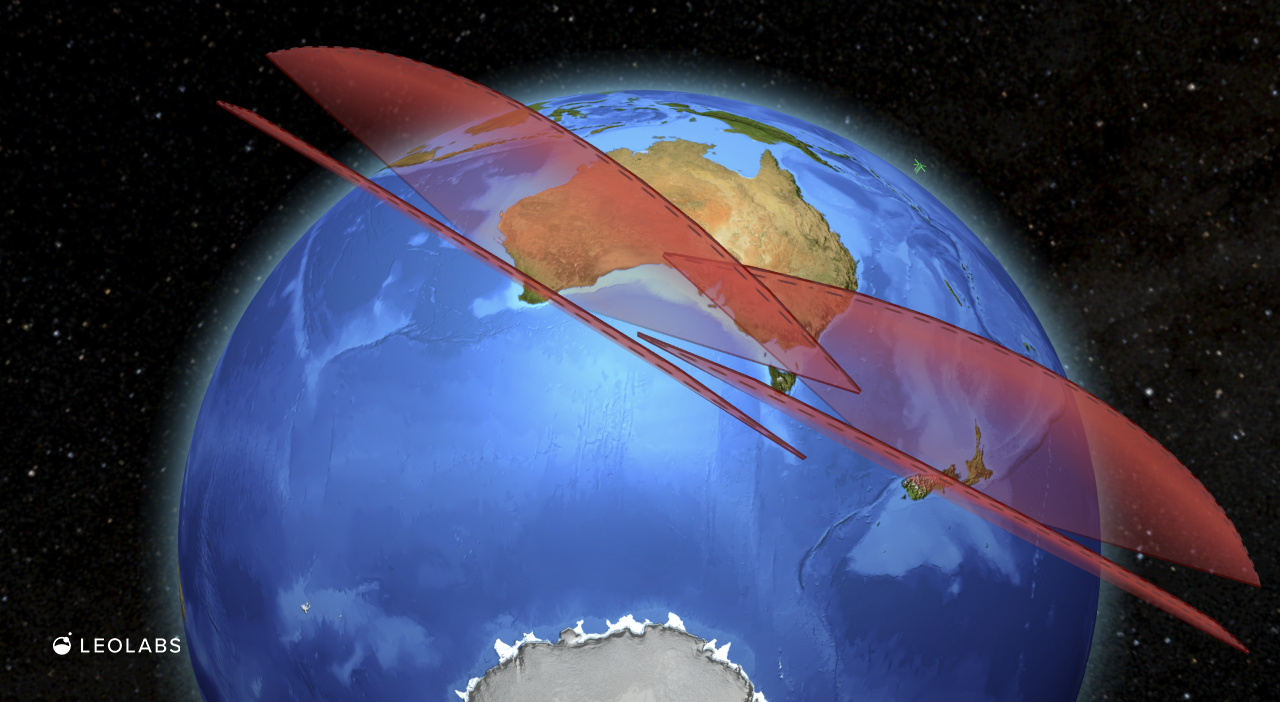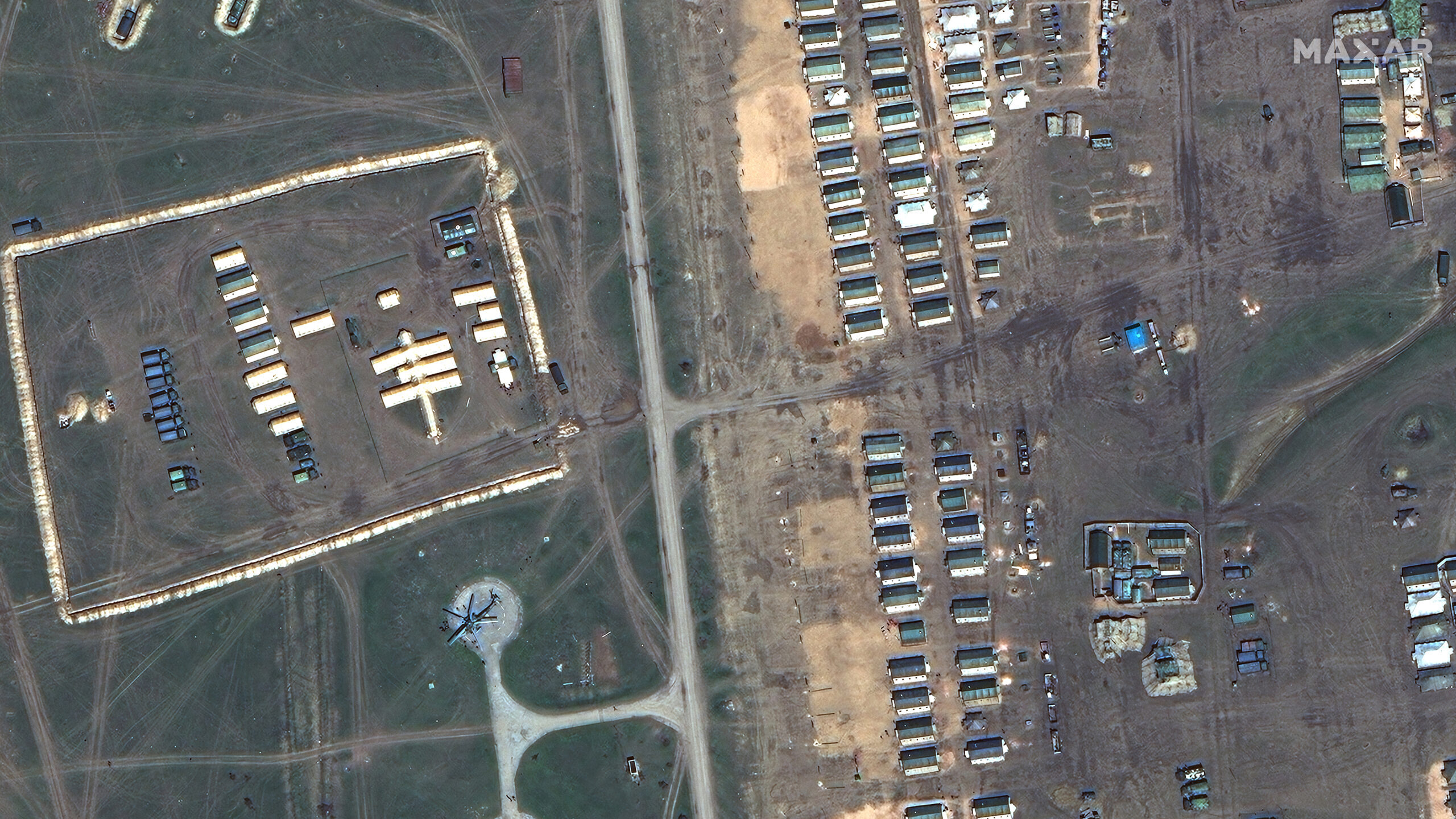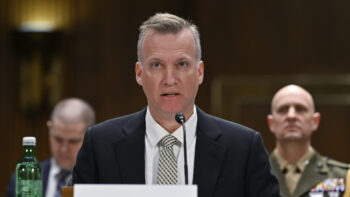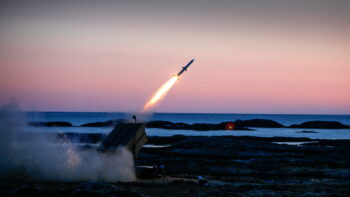
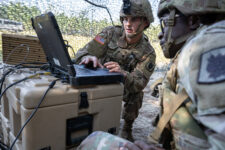
As well as leveraging space systems for its own operations, the Army intends to invest in capabilities to counter enemy space systems, the new vision document explains.
By Theresa Hitchens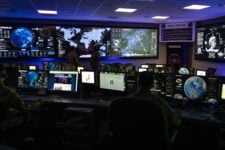
The new version of Joint Publication 3-14 explains that “offensive and defensive space operations” are supported primarily by “direct capabilities” — that is, “fires that impact an adversary.”
By Theresa Hitchens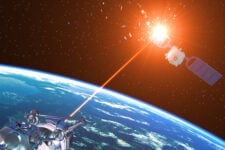
“The prospects for complete success in deterrence of hostile attacks on space assets, particularly reversible, nondestructive attacks, are limited,” the RAND study cautions.
By Theresa Hitchens
“While important, a narrow focus on protecting space capabilities disregards how U.S. strategic competitors are preparing to use their own space capabilities to find, target, and attack forces operating in the terrestrial domains,” Gen. Chance Saltzman wrote in an internal Commander’s Note obtained by Breaking Defense.
By Theresa Hitchens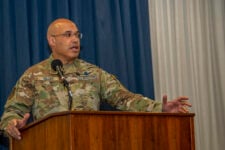
America’s space operators need to “get to the point of how do we responsibly… deter conflict that nobody wants to see, but if we do see it, demonstrate our ability to win?” said Maj. Gen. David Miller.
By Theresa Hitchens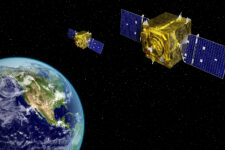
Not happy with America’s ability to precisely track adversarial satellites, Maj. Gen. David Miller fumed, “Somebody’s got to figure this out. The American people have paid for this. Somebody’s got to deliver.”
By Theresa Hitchens
China’s growing number of intelligence, surveillance and reconnaissance satellites are “designed to find, fix, track and target US forces and allied forces. They’re designed to help kill sailors, airmen, soldiers, and Marines,” said Brig. Gen. Anthony Mastalir, head of the Space Force’s Indo-Pacific component command.
By Theresa Hitchens
In a “Commander’s Note” dated March 3, obtained by Breaking Defense, Saltzman argues that the need for space superiority in the face of adversary threats is a key reason the Space Force was created.
By Theresa Hitchens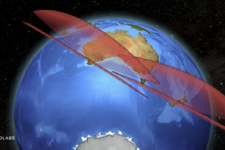
“More geographic coverage helps revisit rates, so we see satellites more frequently. Which is quite critical,” LeoLabs CEO Dan Ceperley told Breaking Defense.
By Theresa Hitchens
Kaitlyn Johnson, of the Aerospace Security Project, welcomed the SPACECOM-NRO conversation, noting that it is “a big deal,” especially since “Russia has conducted electronic and cyber counterspace attacks already” in its ongoing invasion of Ukraine.
By Theresa Hitchens
One of the most worrisome trends reported by the Secure World Foundation and Center for Strategic and International Studies is the increase in the number of countries seeking to develop counterspace capabilities.
By Theresa Hitchens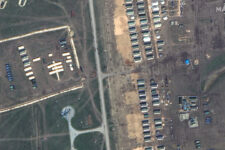
“I don’t think we would respond,” a government source said bluntly about what would happen if Russia used a non-kinetic attack on an American commercial satellite.
By Theresa Hitchens

















